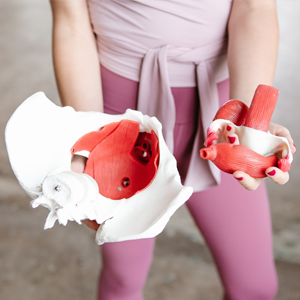Causes And Risk Factors Of Urinary Incontinence
Urinary incontinence refers to the involuntary leakage of urine. There are several possible causes and risk factors for urinary incontinence, including:
- Age: As people age, their muscles and tissues weaken, including those in the urinary tract, which can lead to urinary incontinence.
- Gender: Women are more likely to experience urinary incontinence than men, due to pregnancy, childbirth, and menopause.
- Obesity: Being overweight or obese puts extra pressure on the bladder and pelvic muscles, increasing the risk of urinary incontinence.
- Chronic coughing: Chronic coughing, such as that caused by smoking, can weaken the pelvic floor muscles and lead to urinary incontinence.
- Neurological disorders: Neurological conditions such as multiple sclerosis, Parkinson's disease, and stroke can affect nerve function and lead to urinary incontinence.
- Certain medications: Some medications, such as diuretics, sedatives, and muscle relaxants, can increase the risk of urinary incontinence.
- Urinary tract infections: Infections of the urinary tract can irritate the bladder and cause urinary incontinence.
- Genetics: There may be a genetic component to urinary incontinence, as it tends to run in families.
- Pelvic organ prolapse: This condition occurs when the pelvic organs, such as the uterus or bladder, drop from their normal position and can cause urinary incontinence.
- High-impact exercise: High-impact exercise, such as running or jumping, can put pressure on the bladder and lead to urinary incontinence.
It's important to note that urinary incontinence can be caused by a combination of factors and that some people may be more at risk than others. If you are experiencing urinary incontinence, it's important to speak with a healthcare provider to determine the underlying cause and develop an appropriate treatment plan.


































